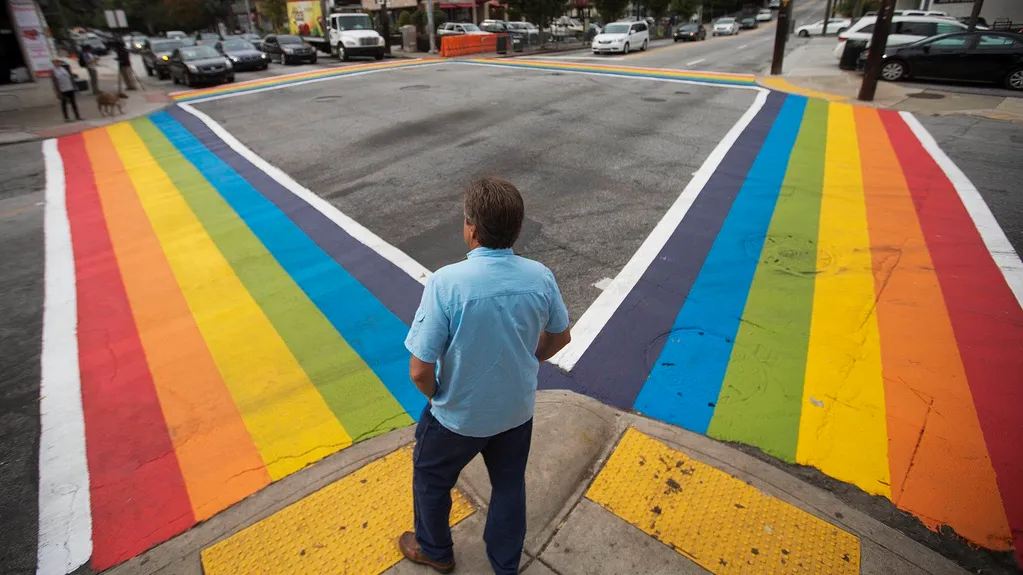December 1, 2020
Equality Advocates Act as Part of NC 'Bathroom Bill' Expires
READ TIME: 2 MIN.
Part of North Carolina's so-called "Bathroom Bills" - the notorious HB2 from 2016 and HB142, which replaced it in 2017 - expired today, Dec. 1, and the state's equality advocates are already at work to press for progress in the state.
The expired provisions prevented city and local governments from enacting nondiscrimination provisions that extend to the LGBTQ community.
The expiration of language in HB142 ends "a years-long moratorium that blocked cities and towns in the state from protecting their LGBTQ residents," noted equality advocacy group Equality North Carolina in an email.
The group's executive director, Kendra Johnson, stated in the email, "With this section of HB142 finally gone, North Carolina's cities can once again protect their LGBTQ constituents in every arena of their lives from housing to healthcare to public accommodations. These legislative protections will prove to be a seminal step towards full lived equality for LGBTQ folks under the eyes of the law."
The group announced the creation of "a digital platform through which North Carolinians can easily contact their elected leaders and voice their strong support for nondiscrimination."
Raleigh newspaper The News & Observer reported on the legislation's expiration, cautioning in a Nov. 27 article that "North Carolina could face another HB2-style showdown in the coming weeks," a reference to the bruising battle that erupted as the state government clamped down. The passage of the first anti-LGBTQ law, HB2, was a reaction to the city of Charlotte's enactment, in 2016, of an anti-discrimination ordinance.
HB2 was seen as overly broad in its provisions. The Charlotte Observer noted at the time that the law impacted the state's cisgender and straight population, "[changing] the way people pursue claims of discrimination because of race, religion, color, national origin, biological sex or handicap in state courts."
Intense criticism followed, along with travel bans, boycotts, and the loss of professional athletic competitions originally scheduled to take place in the state. The backlash cost the state millions of dollars in lost revenue and battered its image, and was credited for helping Roy Cooper defeat incumbent Gov. Pat McCrory in 2016.
North Carolina lawmakers then repealed HB2 and replaced it with HB142, which proponents labeled a "compromise," but which critics said offered no real improvement.
Equality advocates are eager to see cities around the state adopt new polices protecting North Carolina's LGBTQ residents, or restore old policies that the law erased.
But religious leaders issued warnings against any such action, the News & Observer noted, recalling an op-ed that another newspaper ran in which the head of N.C. family Values Coalition, Tami Fitzgerald, painted such ordinances as "a Trojan horse to weaponize hate and hostility toward small business owners and private citizens with sincerely held religious beliefs."
Fitzgerald told the News & Observer that state lawmakers "should make the ban on local ordinances permanent" at the earliest opportunity.
At the local level, meantime, "mayors have been largely silent," the News & Observer said, adding that "Multiple elected officials" had declined to comment.







